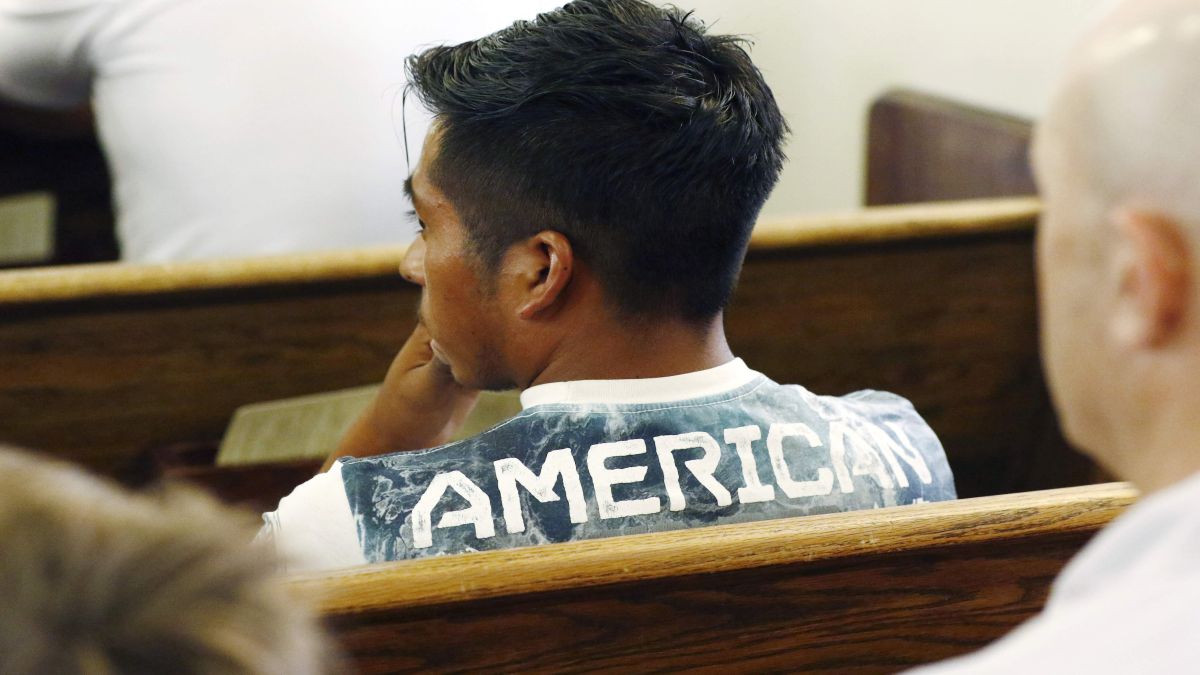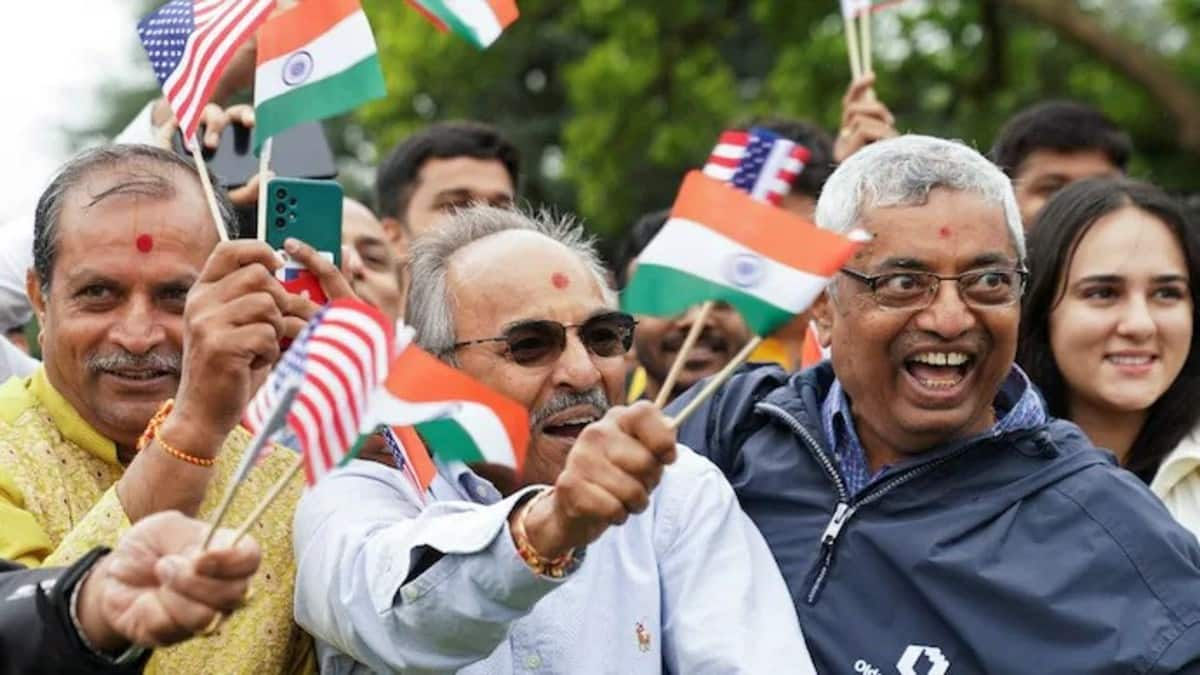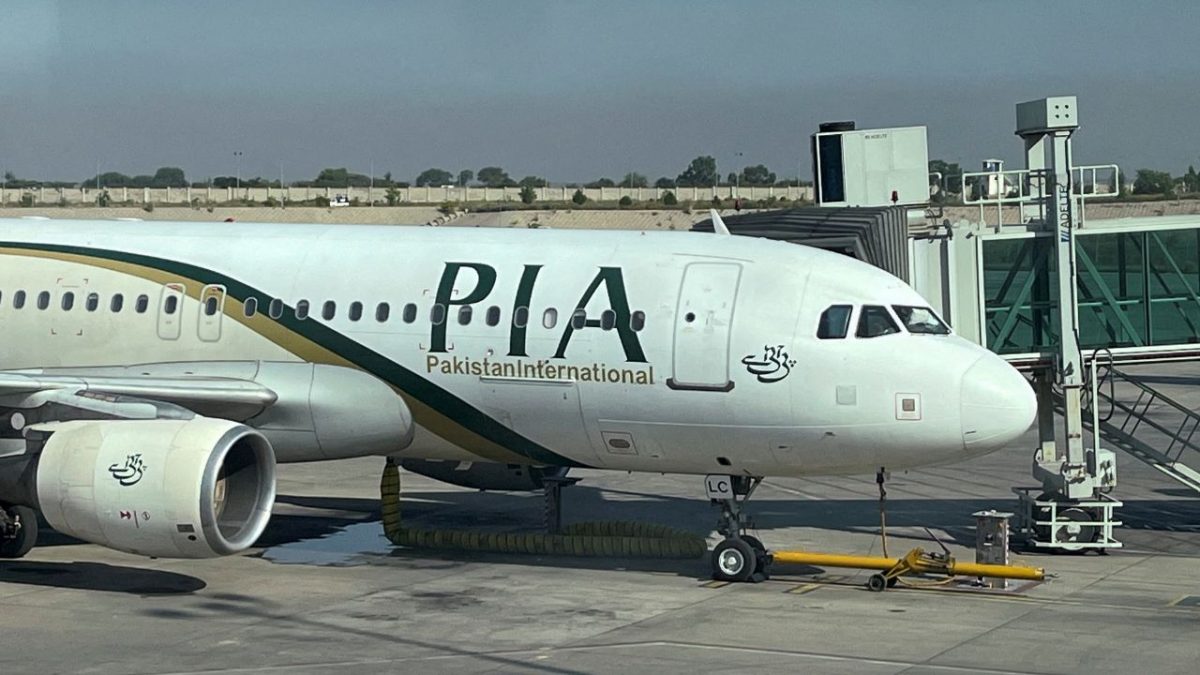Migration has always been central to America’s rise as a hub of innovation. From Albert Einstein fleeing Europe in the 1930s to the flood of engineers and scientists from Asia since the 1970s, foreign talent has repeatedly replenished US research, entrepreneurship, and corporate dynamism.
Nearly 45 per cent of Fortune 500 companies were founded by immigrants or their children, and more than one-third of US Nobel Prize winners in physics, chemistry, and medicine since 2000 have been immigrants. The H-1B visa programme, created in 1990, institutionalised this inflow of high-skilled talent, especially in computer science, engineering, and mathematics.
Yet, on September 19, 2025, President Donald Trump signed a proclamation restricting the entry of new H-1B visa holders unless their employers pay a $100,000 fee per petition. The measure applies only to individuals outside the US seeking fresh entry and is explicitly targeted at Indian IT outsourcing firms. It does not apply to those already on H-1B status in the US or student visa holders transitioning to H-1B, but it could still affect those travelling abroad for visa stamping. The text itself was poorly drafted, incorrectly assigning adjudicatory roles to the State Department instead of US Citizenship and Immigration Services, but the intent is unmistakable: to target the Indian IT sector and workforce.
The proclamation is justified domestically as a way to protect American workers from wage suppression. Cited evidence shows that H-1B “entry-level” salaries can be up to 36 per cent lower than equivalent domestic hires, while US companies like Meta and AT&T have simultaneously laid off thousands of American workers even as they received approvals for thousands of H-1B visas.
But the economics are more complex. Glennon (2024, Management Science) demonstrates that for every H-1B petition lost, firms created about 0.42 foreign affiliate jobs abroad. For the most internationalised firms, present in 15 or more countries, the substitution ratio was as high as 0.93—almost one-for-one. Restrictions did not create more American jobs; they exported them to India, China, and Canada.
Impact Shorts
More ShortsCanada in particular has benefited from US restrictionism because of its geographic proximity and more liberal immigration rules. Moreover, when skilled workers are employed in affiliates abroad rather than in the US, the innovation spillovers also move abroad, eroding US leadership in critical Science, Technology, Engineering, and Mathematics (STEM) fields.
For India, the impact is more direct. In FY 2024, India accounted for 150,647 of the 219,659 H-1B issuances worldwide, which is roughly 69 per cent. China was the second-largest recipient with 31,735, or 14 per cent. Together, India and China made up more than 83 per cent of all H-1B issuances. About 65 per cent of H-1B visas go to computer-related jobs with a median salary of $123,600, an occupation group dominated by Indian IT services. The country’s top seven IT companies have already reduced their H-1B dependence by 56 per cent over the past eight years, but mid-tier firms still rely on the model.
The $100,000 levy will accelerate the shift toward local hiring in the US, heavier use of L-1 visas, or expanding delivery centres abroad. It also narrows the pipeline for Indian graduates who are not US-educated, as their entry into the American labour market becomes more expensive and uncertain. If these workers return to India, retaining their talent will only be meaningful if India can provide them with resources, funding, and an ecosystem that encourages risk-taking and destigmatises failure.
The more strategic issue, however, lies in India’s trade negotiation stance. For decades, India has consistently emphasised H-1B mobility as a key demand in trade negotiations. This is outdated and counterproductive.
First, demographic decline and skill shortages in the West already drive demand for Indian talent. If the market is pulling Indian workers regardless of treaties. There would be more opportunities which would come in other geographies as a result of this move by the US.
Second, the structure of services trade has changed. Cross-border digitally delivered services are now the fastest-growing segment of international trade, accounting for 54 per cent of global services exports in 2023 (IMF/WTO). Indian IT companies have themselves cut back H-1B use while expanding digital delivery and local presence, reflecting this structural shift.
Third, the politics of immigration in the West is poisonous. Even if India secures visa concessions, they remain fragile, vulnerable to executive proclamations like Trump’s September 19 order.
Fourth, by obsessing over work visas, India wastes negotiating leverage that could instead deliver tariff cuts, market access, and investment frameworks. The top US tech multinationals, not Indian exporters, are the biggest beneficiaries of the programme. India’s negotiators are, in effect, spending capital lobbying for Western MNCs rather than for India’s own economy. Fifth, this will lead to movement of more GCCs, offshore jobs and opportunities for remote work in India.
Trump’s recent moves show that the H-1B programme is not a reliable bargaining chip, being subject to US domestic politics and abrupt policy swings. In the ongoing trade negotiations, India should not bring up H-1B visas at all. Instead, it should focus on negotiating where its genuine national interest lies. Clinging to H-1Bs is fighting yesterday’s battle; building leverage in goods, services, and digital trade is how India will win tomorrow’s.
The author (X: @adityasinha004) writes on macroeconomic and geopolitical issues. Views expressed in the above piece are personal and solely those of the author. They do not necessarily reflect Firstpost’s views.


)

)
)
)
)
)
)
)
)



